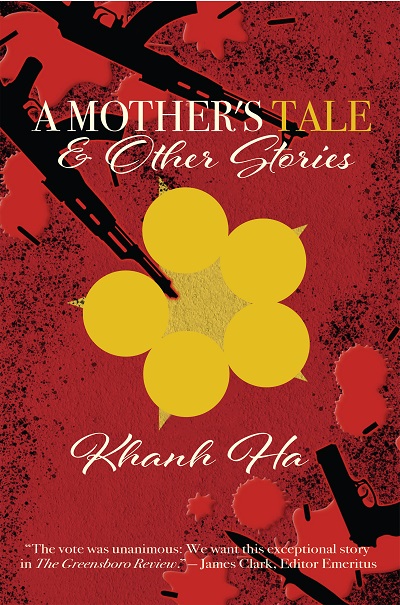
It now has its own blog where book bloggers can link up their own mailbox posts and share which books they bought or which they received for review from publishers, authors, and more.
Velvet, Martha, and I also will share our picks from everyone’s links in the new feature Books that Caught Our Eye. We hope you’ll join us.
This is what we received:

Alan King’s 3rd collection is both a departure from his previous books and a continuation of his observations and experiences living in the United States as a Black man.
“To read Alan King’s Crooked Smiling Light is to get an honest take on what it means to be a grown ass Black man in a world with little love, or even use, for grown ass Black men. In this latest collection, King riffs on such varied themes as fatherhood and family, poetry and ambition, sex and sacrifice, with the same insight and style, the same blue candor, longtime readers have come to expect. Fans of Drift and Point Blank will find in this volume a wonderful addition to the King cannon. New readers will wonder why nobody has pulled their coat until now.” –John Murillo, author of Kontemporary Amerikan Poetry.
“Poetry is a context for our wounds. And what if a wound becomes courage; and what if that courage becomes language, and then language starts shining — vindicating everything, making our lives clear and beautiful in the telling. A favorite poet, Alan King, shows us how to do it —in his stunning new book.”
– Grace Cavalieri, Maryland Poet Laureate
I find myself rewarded for a patient reading. The poems are never far from the themes of family, parenting, and legacy.
—Steven Leyva, Washington Independent Review of Books,
“King’s third collection is multi-faceted and multi-layered in its themes and within the questions it asks of itself, of the speaker, and of the reader. King references mythic Jedi temples, suicidal bees, and the perpetually liminal late-night diner in a collection that serves as reflection on what it means to be a Black husband, father, protector, provider, and survivor in this world.”
—Auburn Avenue
Check out the intro video:

Gil Arzola’s father was a migrant worker raised in Bustamante, Mexico, who crossed like so many others when he was fifteen. His mother was born and raised in Robstown, Texas, to a cobbler father and a mother who died when she was eleven. Together they found their way to Northwest Indiana and a migrant camp, working their way north in the back of trucks and old cars. One day they stopped. And stayed. The poems are drawn from Gil’s memory, not necessarily the most important days but the ordinary days where we spend most of our lives. They are about people like so many others who carve out lives without applause and hope to leave their children a better life. The Death of a Migrant Worker is a gift and monument of words to Gil’s parents. It is a way of saying “these people passed through this way, and here’s what they did.”

A Mother’s Tale is a tale of salvaging one’s soul from received and inherited war-related trauma. Within the titular beautiful story of a mother’s love for her son is the cruelty and senselessness of the Vietnam War, the poignant human connection, and a haunting narrative whose set ting and atmosphere appear at times otherworldly through their land scape and inhabitants.
Captured in the vivid descriptions of Vietnam’s country and culture are a host of characters, tortured and maimed and generous and still empathetic despite many obstacles, including a culture wrecked by losses. Somewhere in this chaos readers will find a tender link between the present-day survivors and those already gone. Rich and yet buoyant with a vision-like quality, this collection shares a common theme of love and loneliness, longing and compassion, where beauty is discovered in the moments of brutality, and agony is felt in ecstasy.
What did you receive?


 About the Author:
About the Author:








 About the Author:
About the Author:



 About the Poet:
About the Poet:




